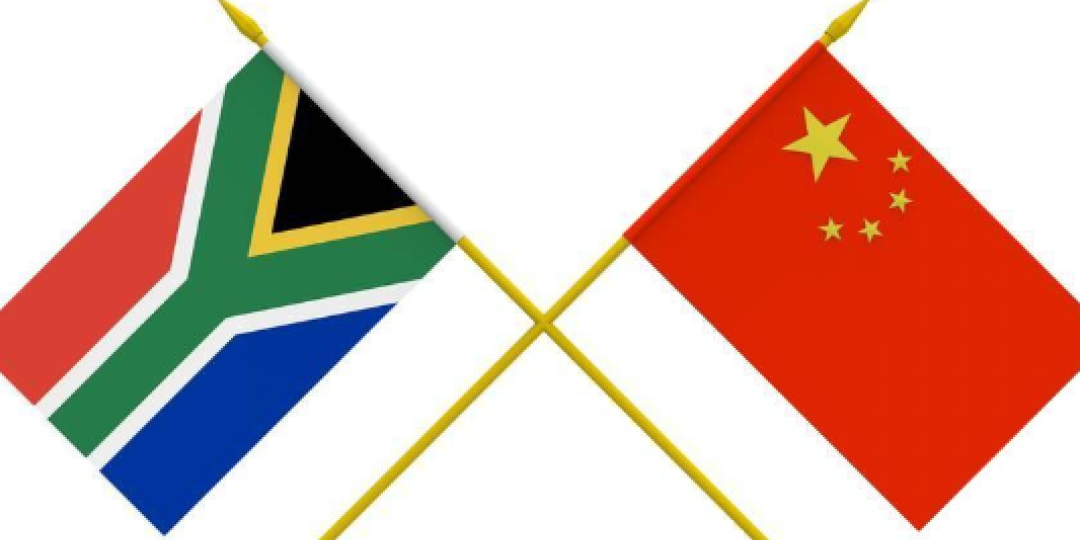About 500 public facilities will benefit from a donation from China, allowing them to have an un-interrupted alternative power supply to help mitigate the impact of load shedding.
The donation includes generators, power supply vehicles and off-grid photo voltaic energy storage supply systems.
Minister in the Presidency for Electricity, Dr Kgosientsho Ramokgopa, made the announcement during the signing of a Memorandum of Cooperation (MoC) with eight Chinese entities.
The ceremony was held on the sidelines of the Brics Summit in Johannesburg.
“Yesterday we exchanged letters in relation to the technical equipment that will be assisting us to provide sustainable electricity to some of the major public installations like clinics, hospitals and police stations,” Ramokgopa said.
“We are going to get 552 of those units [and] 450 of them are already on the way.”
“It means that over 500 public facilities (…) will now have access to uninterrupted alternative power supply.”
The equipment ranges from 6kw up to 200kw, and can support a clinic and a medium-sized hospital.
He said it would bring relief to the country’s citizens..
The South African government has already moved to exclude some 76 hospitals from load shedding with work underway to shield at least 46 others from rolling power cuts being implemented in the country.
The Chinese entities that signed the MoC include State Grid Corporation of China; China-Africa Development Fund; China Energy International Group; China General Nuclear Power Corporationl; China National Electric Engineering Company, Ltd; Huawei Technologies Co Ltd and TBEA CO LTD.
“They have experienced a similar problem that we are experiencing now,” Ramokgopa said.
“They’ve got the biggest coal generation capacity of any country in the world. They’ve got the biggest installed renewable energy capacity of any country in the world (…) about 688GW.”
He said the amount of renewable energy China can generate is 12 times the capacity of Eskom.
“They are sitting on extensive amounts of liquidity. We can tap into that financing which is concessional and cheaper than any other,” Ramokgopa said.













